Welcome to a seminar on the book Trusting Judgments
The seminar was led by the participants and gently facilitated by Ullrika. We went go through the book chapter by chapter. It was a very useful and inspiring day. Thank you all for coming. The old Bishop house in Lund is an excellent place for smaller workshops.
This is a seminar supported by the strategic research environment BECC and arranged by the BECC action group “Evidence relying on simulation models and expert judgment”

Why this book
This book is intended for people in government, regulatory agencies and business who routinely make decisions and who rely on scientific and technical expertise. So-called evidence-based decision-making has become more popular over the last decade, but often the evidence we need for these decisions is unavailable. Time, money and the pressing nature of many decisions prevent us from collecting much of the information we need. In its place, decision-makers turn to experts to estimate facts or make predictions. The status of scientific and technical experts has evolved over the last 100 years or more to provide unprecedented opportunities for experts to influence decisions. The hidden risk is that scientists and other experts overreach, often with good intentions, placing more weight on the evidence they provide than is warranted. The tendency to overreach is pervasive and more significant than many scientists and decision-makers like to admit. Much of the evidence for these phenomena is drawn from well-established research on decision theory and cognitive psychology. This book documents the extent and importance of this issue, and then outlines a suite of simple, practical tools that will assist decision-makers to make better use of expert estimates and predictions. It provides the means to discriminate good advice from poor, and to help decision-makers to be reasonably and appropriately skeptical. The book promotes a change in attitude towards expert predictions and estimates such that they are treated with the same reverence as data, subjected to the same kinds of cross-examination and verification. By requiring a little discipline from their experts, decision-makers can avoid the most pervasive pitfalls of expert judgements and assure themselves of relatively reliable and accurate expert information.
The author of the book
Mark Burgman is Director of the Centre for Environmental Policy at Imperial College London and Editor-in-Chief of the journal Conservation Biology. Previously, he was Adrienne Clarke Chair of Botany at the University of Melbourne, Australia. He works on expert judgement, ecological modelling, conservation biology and risk assessment. He has written models for biosecurity, medicine regulation, marine fisheries, forestry, irrigation, electrical power utilities, mining, and national park planning.
The book
Trusting Judgements: How to Get the Best out of Experts by Mark Burgman. Cambridge: Cambridge University Press. 2015. doi:10.1017/CBO9781316282472
Ch1. What’s wrong with consulting experts?
Ch2. Kinds of uncertainty
Ch 3. What leads experts astray?
Ch 4. Dealing with individual experts
Ch 5. The wisdom of crowds revisited
Ch 6. Tips to get the best out of experts

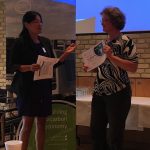
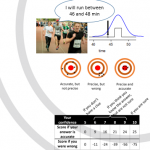
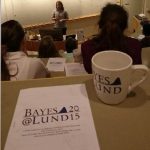
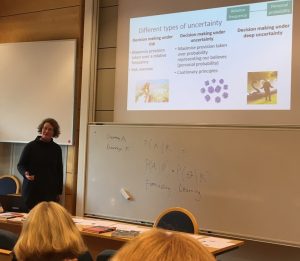
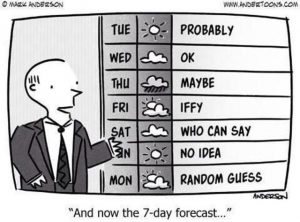
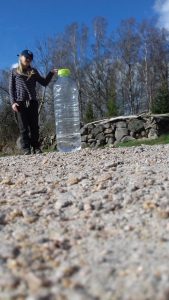

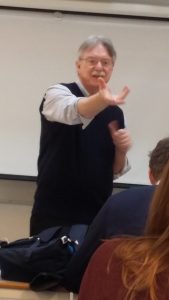
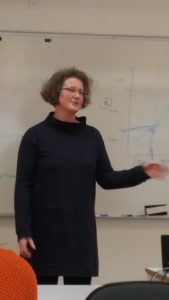
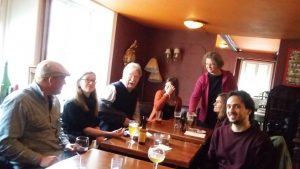
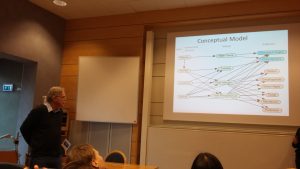
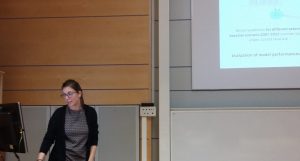
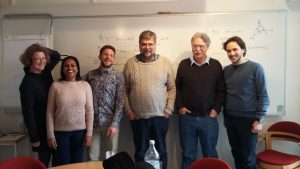
Comments